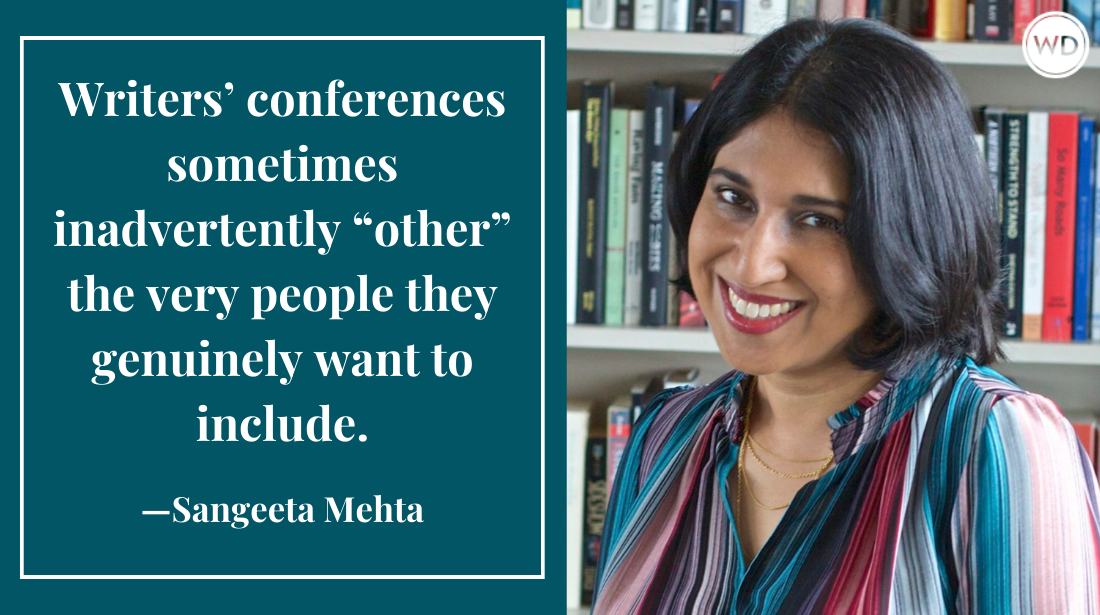More WGA Side Deals… and Are Studios Breaking the Law When They “Force Majeure” Their TV Writers?
Hey, everyone– This email is hot of the press from the WGA… and a really interesting read… To Our Fellow Members, As you know, since the conglomerates walked away from the…
Hey, everyone--
This email is hot of the press from the WGA... and a really interesting read...
To Our Fellow Members,
As you know, since the conglomerates walked away from the bargaining table on December 7, we have adopted the strategy of negotiating independent agreements with select companies. We believe this will accomplish several things. First, it demonstrates the reasonableness of our proposals and sets a marker for the industry; second, it puts writers (and others) back to work; third, it creates competitive pressure on the companies that have refused to negotiate and rewards companies that are willing to make a fair deal for writers; and finally, it makes clear to all that the WGA is ready, able and willing to negotiate a reasonable agreement that puts everyone back to work.
This strategy has been successful in bringing important companies to the table. We now have deals in place with Worldwide Pants (producer of The Late Show with Dave Letterman and The Late Late Show with Craig Ferguson), United Artists, The Weinstein Company, and Media Rights Capital. Today we have more independent agreements on which to report. On Monday, we signed Spyglass Entertainment, yet another significant independent feature film producer and distributor. Yesterday we made an agreement with Doug Liman's Jackson Bites. This company is funded by non-Hollywood investors and intends to develop high-end original programming for distribution on new media. It involves serious money for made-for Internet projects that the conglomerates told us in bargaining couldn't be done under a Guild agreement.
The Jackson Bites deal, like the Media Rights Capital deal of earlier in the week, gives writers of new media content all the benefits and protections that WGA writers have come to expect. It includes all the proposals which were on the table when the conglomerates walked away on December 7. The deal has minimum script fees for web content (as short as one minute in length), pension and heath contributions, separated rights (if the material is used in another medium), and revenue-based residuals. It's another exciting example of the possibilities opened up by the Internet for writers, as well as further indication that our contract is fair and affordable. We expect more such deals that shift the paradigm to a new business model for a new generation of content providers.
We'd also like to respond to the news from earlier this week of studio deals that were terminated with a force majeure letter. We believe there may be a legal case to be made on behalf of certain of the writers who received these letters. As we previously reported to you, the Guilds are actively pursuing NLRB charges against the AMPTP, alleging that the companies' decision to leave the bargaining table on December 7 was an unlawful refusal to bargain. We have asked the NLRB to seek an injunction ordering the companies back to the table. We are also taking the position that the companies’ unlawful actions have transformed our work stoppage into what is called an “unfair labor practice strike.” If our position is sustained by the NLRB, one consequence would be to entitle a striking writer to reinstatement after the strike, even if the employer had attempted to terminate the writer’s individual contract.
Any members who received termination letters should send copies of the letter and the agreements being terminated to the WGAW's General Counsel, Tony Segall... All communications and material will be treated as privileged and confidential.
Finally, there has been much conjecture about a forthcoming deal between the Directors Guild of America and the AMPTP. As of this moment, we do not know if a deal will be reached, when it will be reached, or what the terms will be. If and when the DGA reaches agreement with the AMPTP, the terms of the deal will be carefully analyzed and evaluated by WGA staff, the Negotiating Committee, the WGAW Board of Directors and WGAE Council. We will work with the full membership of both Guilds to discuss our strategies for our own negotiations and contract goals and how they may be affected by such a deal.
For over a month we have been urging the conglomerates to return to the table and bargain in good faith. They have chosen to negotiate with the DGA instead. When those negotiations are finished, whatever the outcome, the AMPTP will have to return to the process of bargaining with the WGAs. We ask for your patience as this process unfolds.
As our struggle continues, we remain impressed by and appreciative of the perseverance and fortitude of our membership. We are all in this together.
Best,
Patric M. Verrone
President, WGA West
Michael Winship
President, WGA East
Jane Friedman is a full-time entrepreneur (since 2014) and has 20 years of experience in the publishing industry. She is the co-founder of The Hot Sheet, the essential publishing industry newsletter for authors, and is the former publisher of Writer’s Digest. In addition to being a columnist with Publishers Weekly and a professor with The Great Courses, Jane maintains an award-winning blog for writers at JaneFriedman.com. Jane’s newest book is The Business of Being a Writer (University of Chicago Press, 2018).






